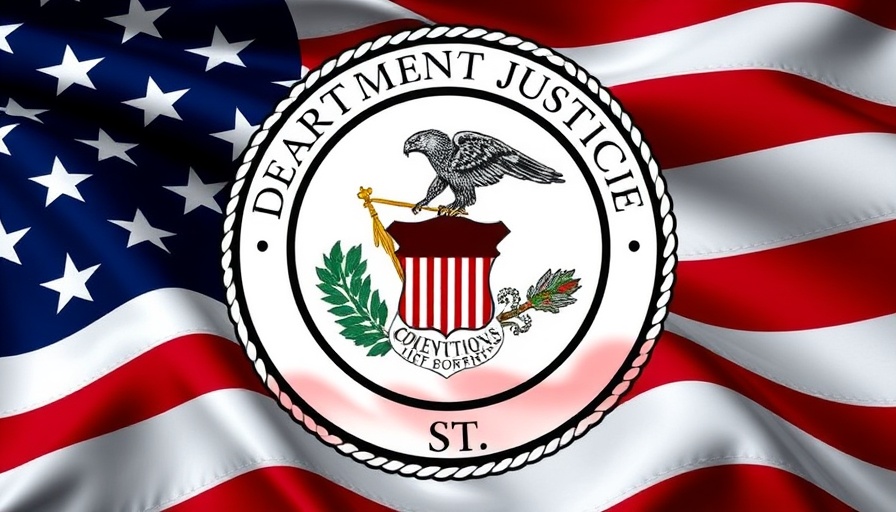
The Implications of Venezuela's Election Move in Guyana's Essequibo
This weekend marks a significant moment for Guyana, not just as it commemorates its independence, but as Venezuela announces upcoming elections in the contentious Essequibo region. This territory, which makes up nearly two-thirds of Guyana's land area, stands within international borders recognized by multiple states and historical treaties.
A Chilling Challenge to International Law
The Venezuelan government, led by Nicolás Maduro, seems to be playing a risky game that evokes broader concerns about international law. The decision to hold elections in a disputed area is not merely an act of governance; it poses a direct challenge to established legal norms and agreements made between the two nations over the decades.
Historically, the Essequibo region has been recognized as part of Guyana since a binding arbitral award in 1899. This ruling was made by a celebrated international tribunal, underscoring the legitimacy of Guyana's claims. However, as political situations often shift, so too have Venezuela’s claims, becoming more aggressive since the 1960s.
Venezuela’s Legal Void
This escalation is particularly concerning because Venezuela has shown a consistent unwillingness to adhere to the rulings of the International Court of Justice (ICJ). Initially rejecting the ICJ's jurisdiction in 2018, Venezuela's government still faces a valid claim from Guyana, which contends that the territorial awards are legally binding.
Future Outlook: A Path to Conflict?
The implications of these electoral machinations extend beyond just politics. They represent a greater regional instability that could lead to conflicts, threatening the peace established by past treaties and international rulings. As the situation develops, the international community will be watching closely, as any conflict might not only destabilize the region further but also impact diplomatic relations throughout Latin America.
Call to Awareness
Citizens and leaders alike must remain aware of the unfolding dynamics in Venezuela and Guyana. It's crucial for nations not only to take heed of these aggressive tactics but to rally in support of international law and the resolutions upheld by judicial bodies.
 Add Row
Add Row  Add
Add 




 Add Row
Add Row  Add
Add 


Write A Comment